Instead of writing a syllabus or creating assessments or working on lessons plans, I have procrastinated and scoured some images from the web to make these. I have uploaded .png's of these into thi...
Get Started for FREE
Sign up with Facebook Sign up with X
I don't have a Facebook or a X account
 Your new post is loading... Your new post is loading...
 Your new post is loading... Your new post is loading...

Viljenka Savli (http://www2.arnes.si/~sopvsavl/)'s curator insight,
April 13, 2015 3:23 AM
and it's an important one ... 
Louise Robinson-Lay's curator insight,
April 13, 2015 5:38 AM
This is worth sharing. Attitudes of learning.

Mika Auramo's curator insight,
March 3, 2015 12:08 AM
There is very useful listing how to improve understanding about growth mindset in classroom.

Dr. Helen Teague's curator insight,
December 23, 2014 9:28 AM
especially good at about 6 minutes in... see also the trainugly.com website

Saberes Sin Fronteras OVS's curator insight,
October 18, 2014 12:15 PM
EDUCAR NO ES ENSEÑAR A VIVIR, LA COMUNICACION EDUCADOR-ALUMNO ES LA VIDA 
Tony Guzman's curator insight,
October 20, 2014 9:47 AM
I am a firm believer of lifelong learning and this 
Li Banban's curator insight,
October 20, 2014 8:23 PM
keep a growth mindset! its never too late to learn.

ManufacturingStories's curator insight,
October 4, 2014 3:44 PM
For more resources on STEM Education visit http://bit.ly/1640Tbl

David Baker's curator insight,
July 29, 2014 5:32 PM
This will be a valuable tool to share in seminar with my new teachers as we look at their students and how the teacher views their classroom.

The Rice Process's curator insight,
March 22, 2014 4:19 PM
Inspiring and insightful. The content helps to focus on growing and living through one's strengths and character. Education is liberating and can be accomplished through character education.

Maryalice Leister's curator insight,
March 16, 2014 7:44 AM
Appropriate when considering my personal creativity focus. Excellent visual. 
Ness Crouch's curator insight,
March 29, 2014 6:05 PM
I love this infographic. What do you think about the ideas?

davidconover's curator insight,
November 8, 2013 10:22 AM
This is a thought provoking article for both teachers and administrators.
Jaimee's curator insight,
March 5, 2014 10:11 AM
Teachers not just family members can be a part of a students mindset. How they think and what challenges to make can also be in response to how teachers are teaching them.
This article explains in a way how helplessness can be a part of someone not being successful. It explains the initiative that someone must take to be successful in school.
Xander Norris's curator insight,
March 6, 2014 11:13 AM
This article is talking about how educators are moving from a fixed mindset to a growth mindset, and this has to do with the changes of the curriculum, and forced standardization. This is talking about how success is based on learning, and why some students give up on it. |
Lorraine Danton's curator insight,
April 20, 2015 5:00 PM
Students can grow--we need to be there to gently push them past their limits with the the understanding that there will be failure and it is okay.

Mary Cunningham's curator insight,
April 4, 2015 12:43 PM
We could use this and add to it with our SIM work!

Rocio Watkins's curator insight,
December 3, 2014 1:59 AM
Growth mindset has changed the way I teach, the way I parent my three boys, and the way I face challenging situations and risks. It has given me the resilience I need while in graduate school. Dr. Carol Dweck's book, Growth Mindset, is a paradigm-changing book. I highly recommend it. Thanks for sharing this great visual representation of Growth vs. Fixed Mindsets. 
liz's curator insight,
December 3, 2014 8:24 AM
I have been hearing quite a few ideas...becoming a real "buzz" word! It seems to appear within all forms of dialogue? 
Ness Crouch's curator insight,
February 15, 2016 4:44 AM
This is an interesting article about Growth Mindset in classrooms.This is a good introduction for how it can be used in the classroom.

Rosemary Tyrrell, Ed.D.'s curator insight,
July 17, 2014 4:34 PM
New research on mindset. Definitely worth a read!

LibrarianLand's curator insight,
April 24, 2014 2:38 PM
Slick but effective video illustrating the difference between a fixed, less conducive to learning mindset and the more open, growth-oriented type of outlook.

Intriguing Networks's curator insight,
December 1, 2013 10:55 AM
Mindset can we use DH to shift user mindsets? 
Phil Turner's curator insight,
December 1, 2013 5:50 PM
Learning experientially can be more or less painful ... depending on your mindset. You can pick your mindset, and this checklist helps you reflect on what mode you are operating in. |



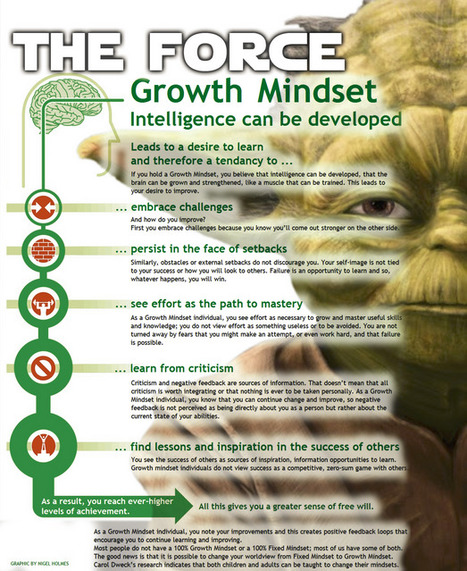

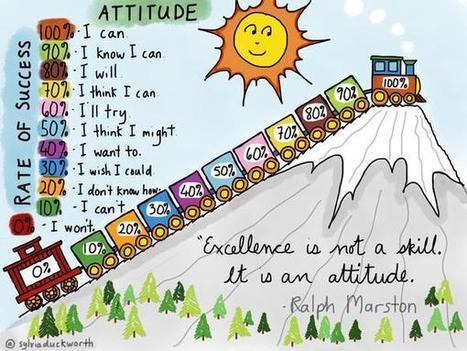
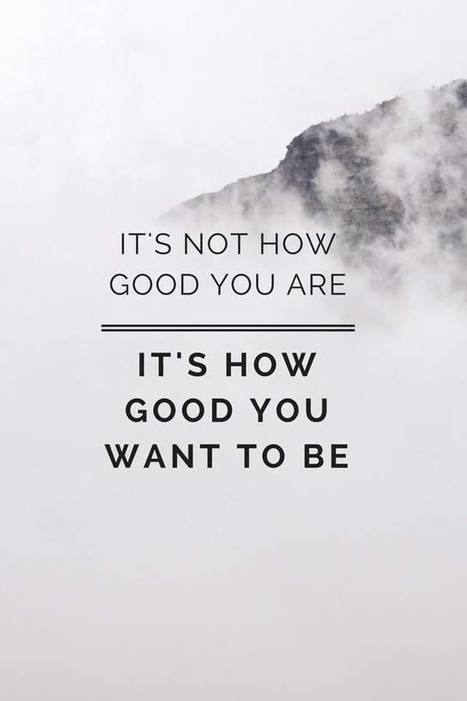


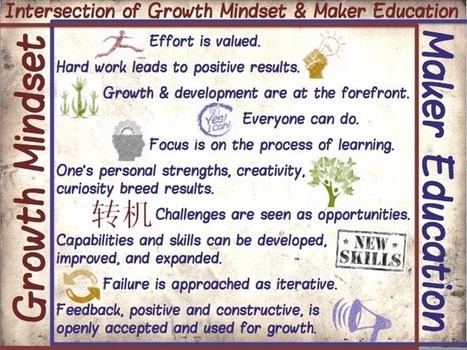

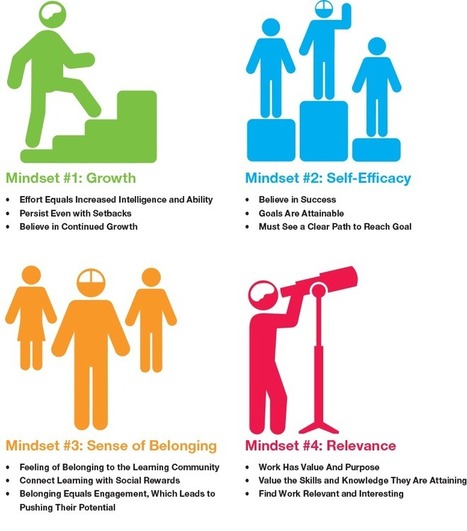



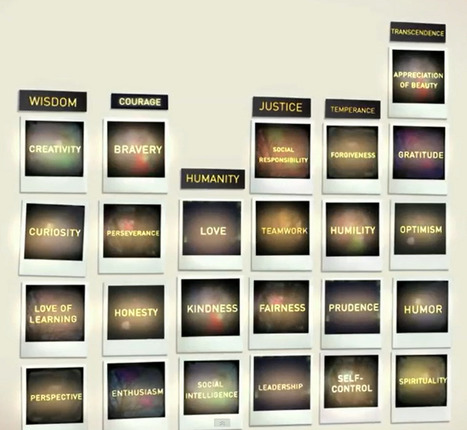
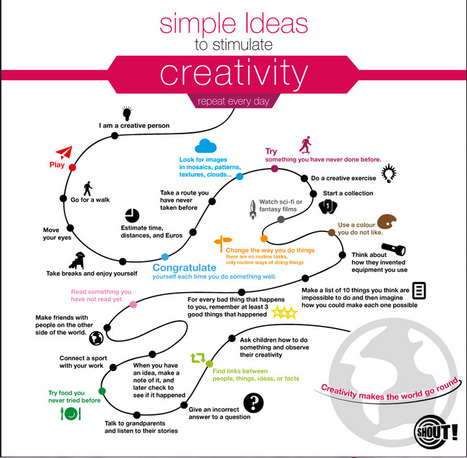

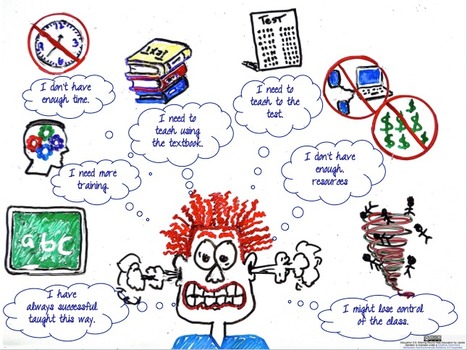
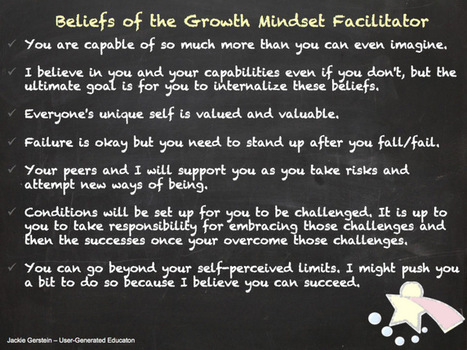
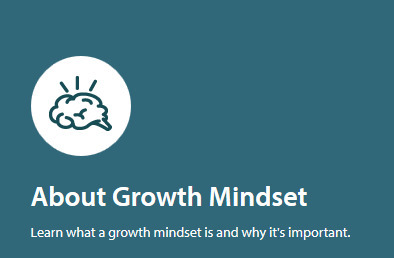
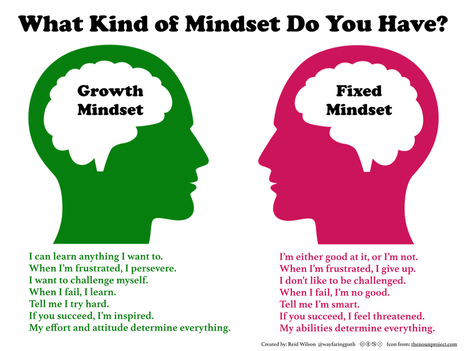


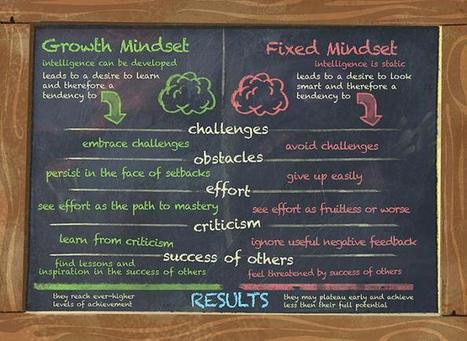
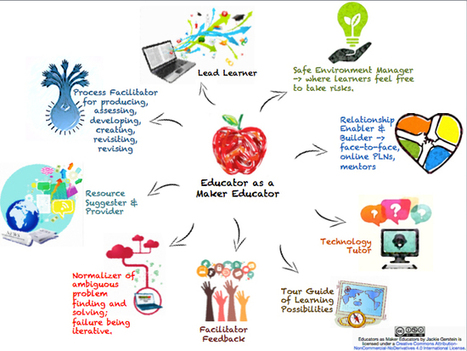
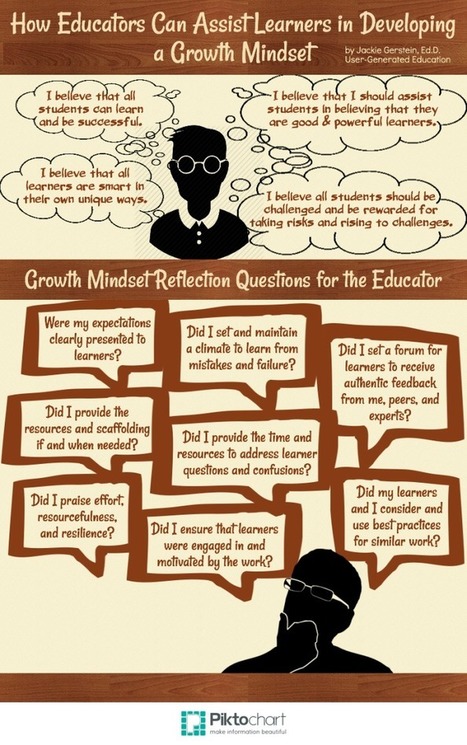
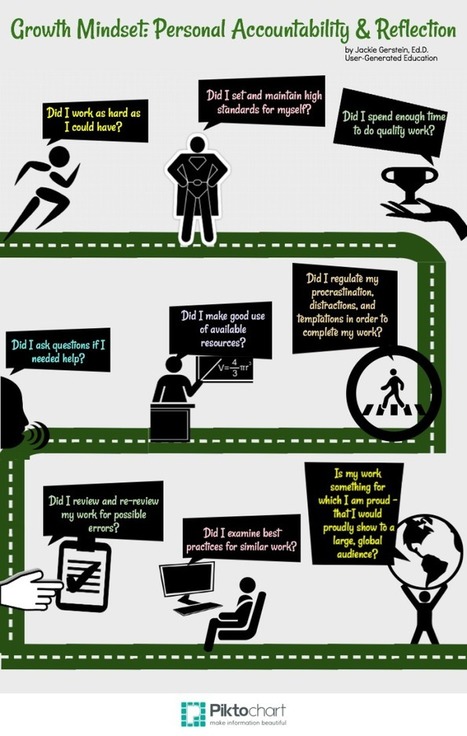
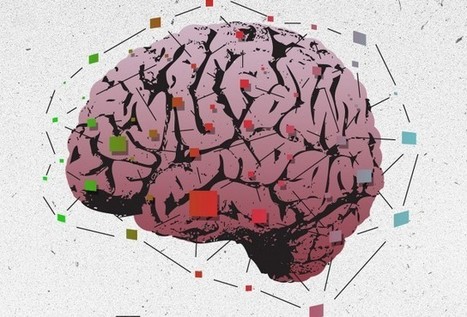

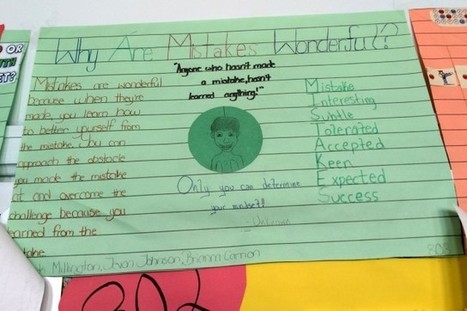






If your learners are fans of Star Wars, then these posters may find a place in your classroom. You will find not only the image above (which is on Growth Mindset), but also an image of The Dark Side, otherwise knows as a Fixed Mindset.
In addition, there is a poster 8 Mathematical Processes of Jedi Masters, as well as one on Standards Based Gradings (an assessment tool). To go directly to a page that allows you to download the images click here.
If your learners are fans of Star Wars, then these posters may find a place in your classroom. You will find not only the image above (which is on Growth Mindset), but also an image of The Dark Side, otherwise knows as a Fixed Mindset.
In addition, there is a poster 8 Mathematical Processes of Jedi Masters, as well as one on Standards Based Gradings (an assessment tool). To go directly to a page that allows you to download the images click here.
If your learners are fans of Star Wars, then these posters may find a place in your classroom. You will find not only the image above (which is on Growth Mindset), but also an image of The Dark Side, otherwise knows as a Fixed Mindset.
In addition, there is a poster 8 Mathematical Processes of Jedi Masters, as well as one on Standards Based Gradings (an assessment tool). To go directly to a page that allows you to download the images click here.